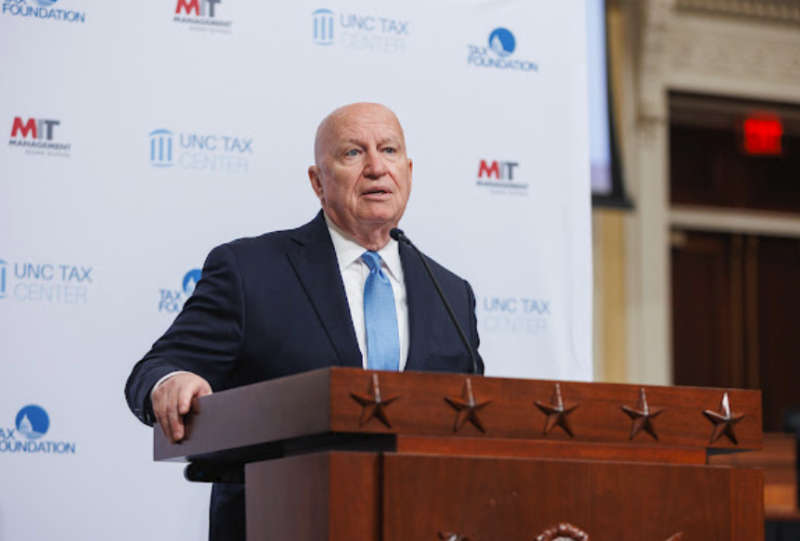Exploring the Impact of Tax Cuts on US Tech Giants
With the ever-evolving landscape of taxation policies, the implications of tax cuts for US tech giants reverberate across various sectors. Tax cuts can significantly affect the profitability, investment opportunities, and market competitiveness of these tech behemoths.
The Competitive Advantage Dilemma: Balancing Innovation and Tax Benefits
One critical consideration is how US tech giants navigate the fine line between leveraging tax benefits to fuel innovation and maintaining a positive public image. While tax cuts could boost investment in research and development, they also raise concerns about tax avoidance strategies that can attract scrutiny and backlash.
Fostering Innovation while Ensuring Fair Contribution
As technology continues to reshape industries, the engagement of US tech giants in responsible tax practices is vital for maintaining public trust and regulatory compliance. Balancing the benefits of tax cuts with ethical considerations is crucial for fostering innovation while ensuring a fair contribution to society.
Anticipating Regulatory Developments and Global Tax Reforms
Looking ahead, US tech giants need to stay vigilant and adaptive to evolving tax regulations and international tax reforms. Anticipating changes in tax policies, such as digital services taxes and minimum global corporate tax rates, will be essential for strategic planning and sustainable growth in a dynamic global marketplace.
Starmer’s Stance on Tax Policies and Market Impact
Sir Keir Starmer, the leader of the UK’s Labour Party, has proposed significant tax policy reforms that have stirred both support and debate among economists and market analysts. His stance on tax policies aims to address issues of income inequality, social welfare, and public services funding.
Starmer advocates for a more progressive tax system where higher-income earners shoulder a larger tax burden to fund essential public services and support those in need. This approach aligns with the Labour Party’s historical commitment to social justice and redistribution of wealth.
However, critics argue that implementing higher taxes on the wealthy could potentially dampen economic growth and discourage investment. They suggest that market volatility and capital flight might result from such policies, impacting overall market stability.
The market impact of Starmer’s proposed tax policies remains a point of contention. While increased government spending funded by higher taxes could stimulate economic activity, there are concerns about the long-term effects on business confidence and investor sentiment.
For investors and financial institutions, understanding Starmer’s tax proposals and their potential market implications is crucial for strategic decision-making. The interplay between tax policies, market dynamics, and economic growth will shape the future landscape of the UK economy.
Experts Weigh In: Potential Consequences of Tax Reduction
Delve into the potential consequences of tax reduction, uncovering myths and truths surrounding this critical topic. Many mistakenly believe that tax cuts always lead to increased economic growth, but the reality is far more nuanced. Tax reductions can have mixed effects across different sectors and income groups, often requiring thorough analysis by experts.












Leave a Reply